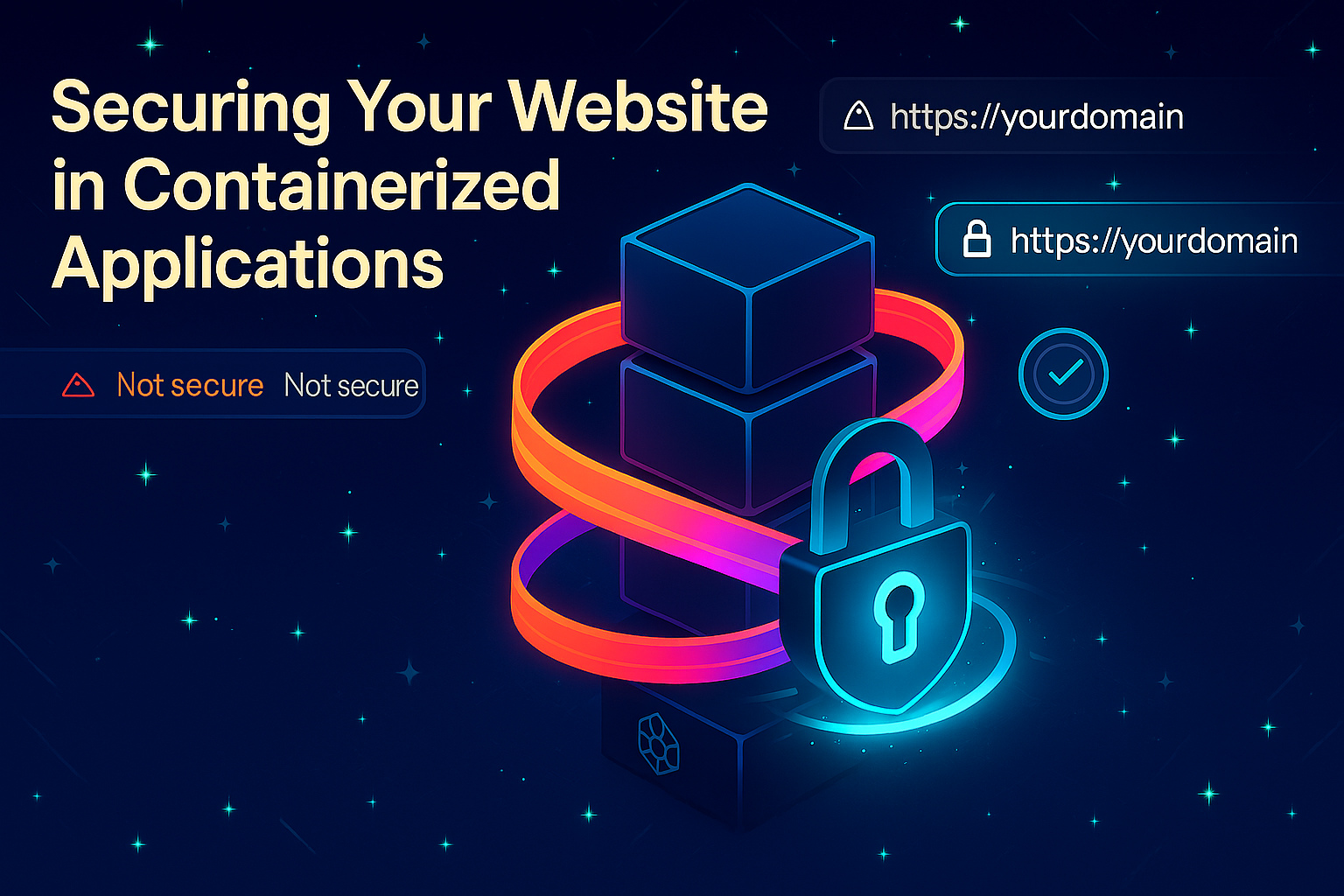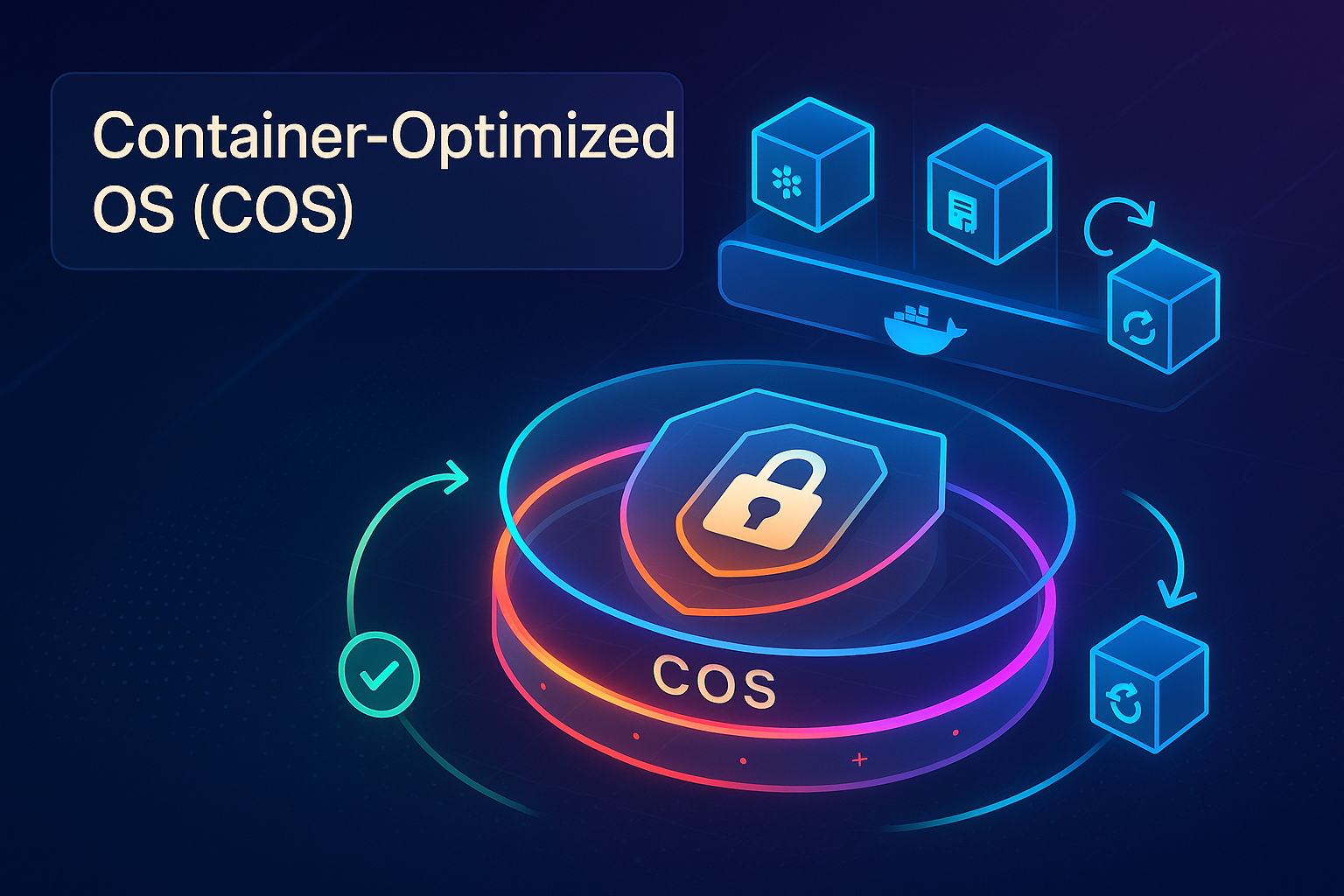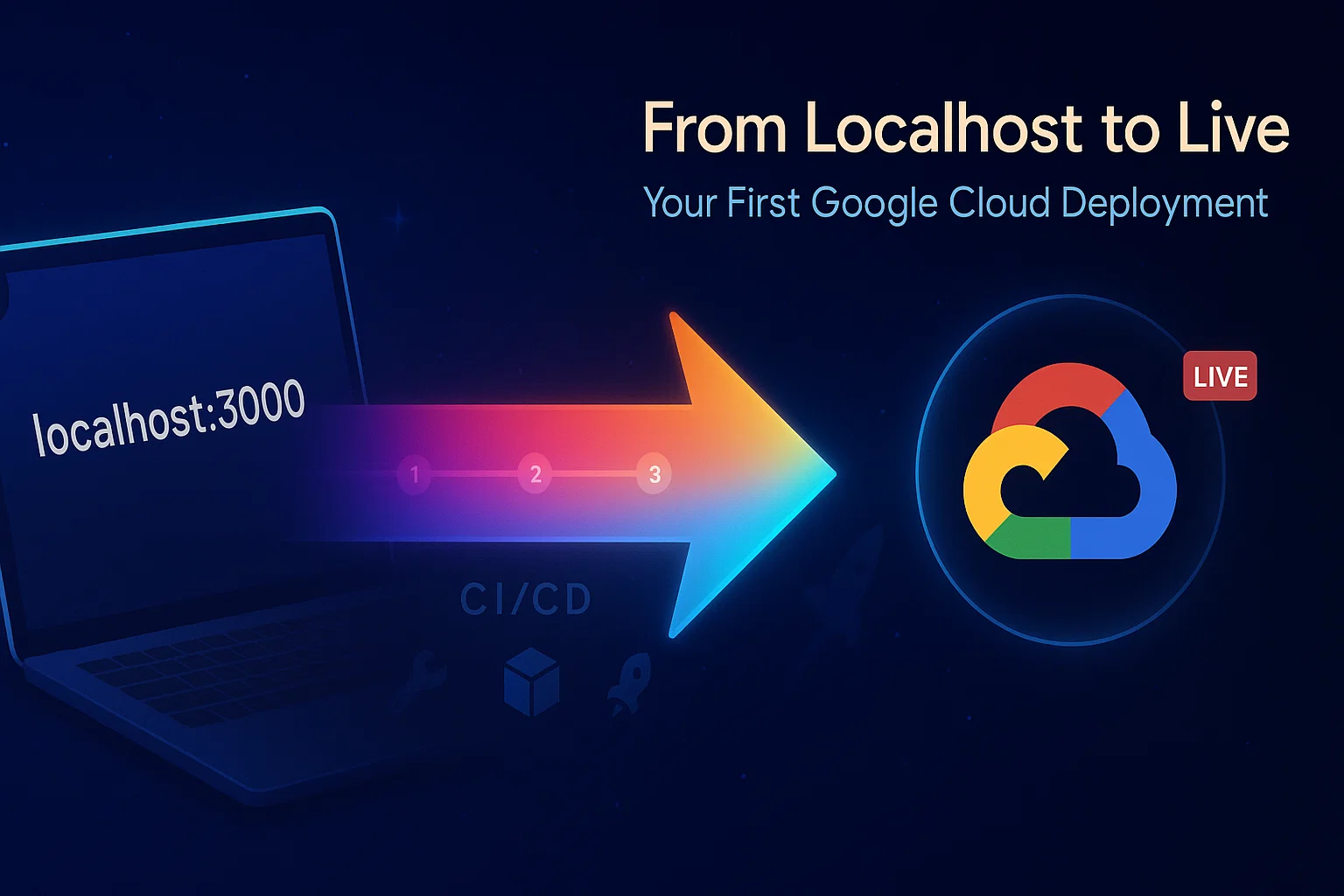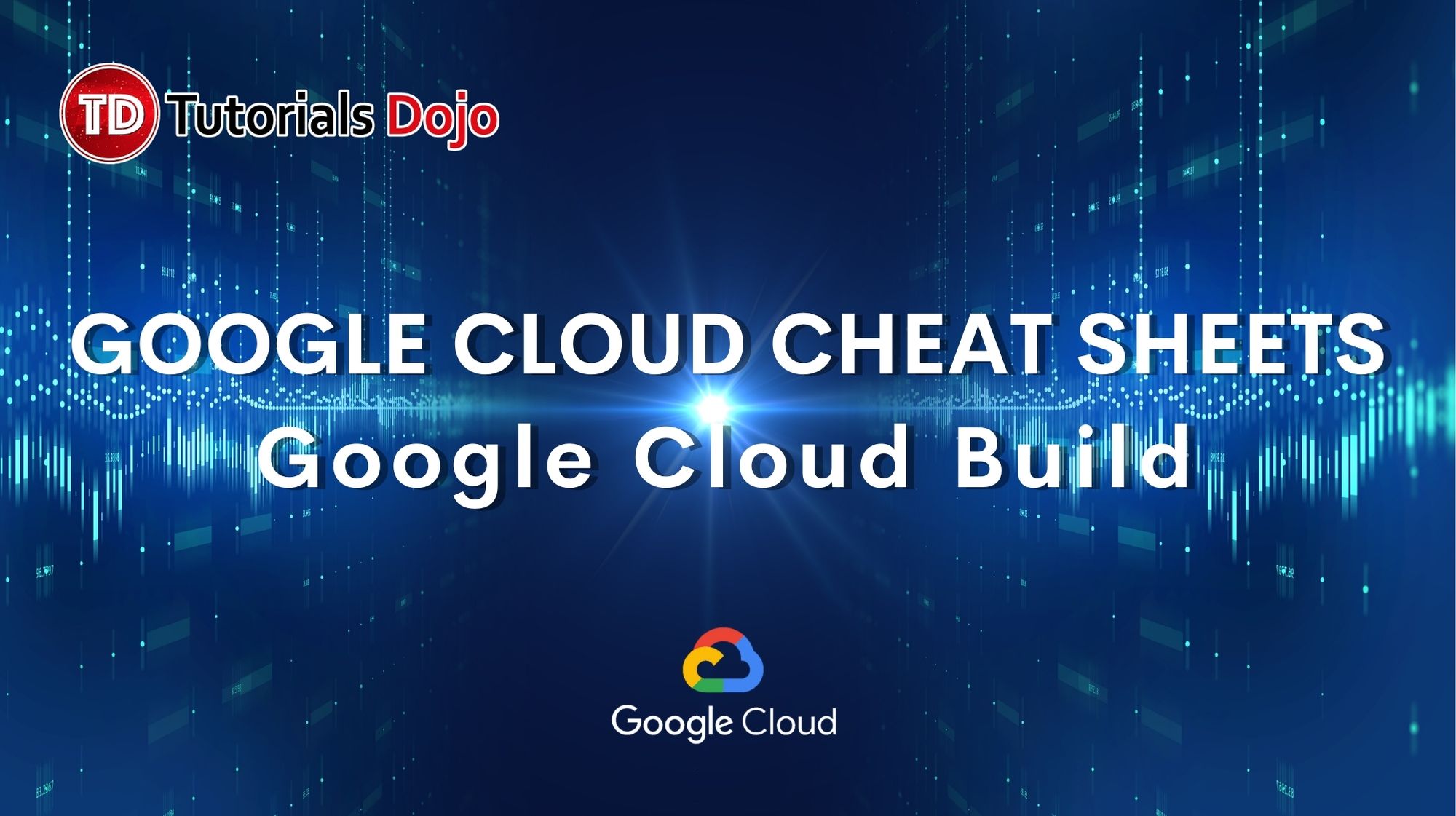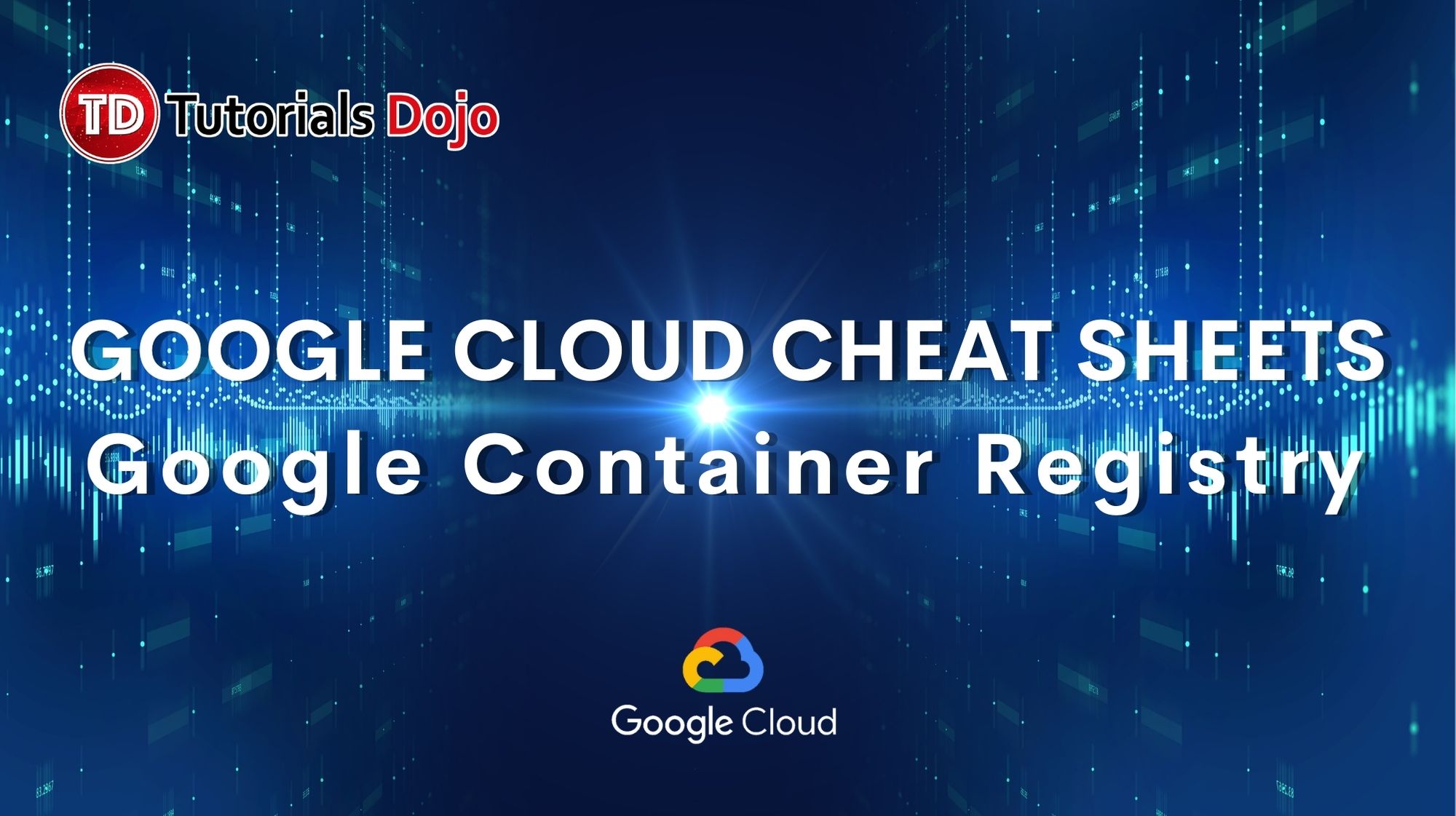Securing Your Website in Containerized Applications: A Step-by-Step Guide to Setting-up HTTPS
Roan Manansala2025-09-27T20:01:15+00:00So, you have just deployed your first app to the cloud (maybe you have followed the tutorial that we have for deployment insert link here), it’s running great, you have your users now, but then you noticed that little “Not Secure” warning in the browser. Suddenly, your app looks… well, not so secure anymore But what if I told you that getting that green padlock icon, the one that makes your site look legit and trustworthy—is not only possible but completely free? And you don't need to be a security expert to pull it off? This guide will walk you [...]

